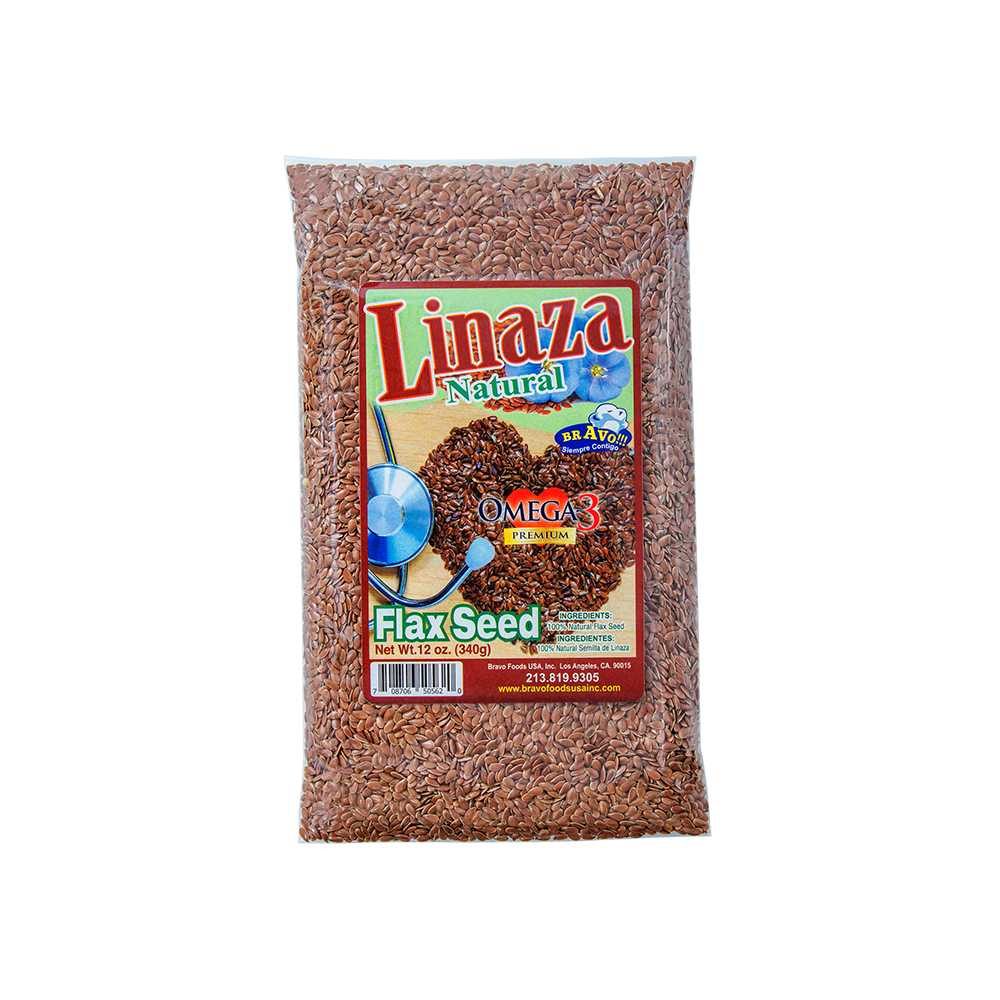Flaxseed, also known as linseed, is a small, oval seed obtained from the flax plant (Linum usitatissimum). The flax plant has been cultivated for thousands of years and is used for both its fiber (used to make flax cloth) and its seeds, which have significant nutritional benefits.
Flaxseed is rich in:
1. Omega-3 Fatty Acids: Flaxseed is one of the best sources of plant-based omega-3 fatty acids, specifically alpha-linolenic acid (ALA), which is beneficial for cardiovascular and brain health.
2. Fiber: Contains soluble and insoluble fiber, which makes it an excellent food for digestion. Fiber can also help reduce the risk of heart disease and control blood sugar levels.
3. Lignans: Flaxseed is the richest dietary source of lignans, antioxidant compounds and phytoestrogens that have anti-cancer properties and can help regulate hormonal levels.
4. Proteins: It contains proteins, which makes it a good source of vegetable protein for people who follow vegetarian or vegan diets.
5. Vitamins and Minerals: Flaxseed contains B complex vitamins, magnesium and manganese, among other nutrients.
Flaxseed can be consumed in several ways:
1. Whole Seeds: Flaxseeds can be added to baked goods, such as breads and crackers, or sprinkled on cereal, yogurt, or salads.
2. Flaxseed Oil: It is extracted from the seeds and used as a nutritional supplement. It is a rich source of omega-3 fatty acids.
3. Flaxseed Flour: It is a gluten-free option and can be used to make breads, cookies and other baked goods.
4. Flaxseed Gel: It is made by soaking the seeds in water, creating a gel that can be used as an egg substitute in vegan recipes or to add thickness to sauces and smoothies.
5. Flaxseed Supplements: Flaxseed oil capsules or ground flaxseed supplements are available as nutritional supplements.
Flaxseed is known for its health benefits and is a popular addition to healthy diets.


